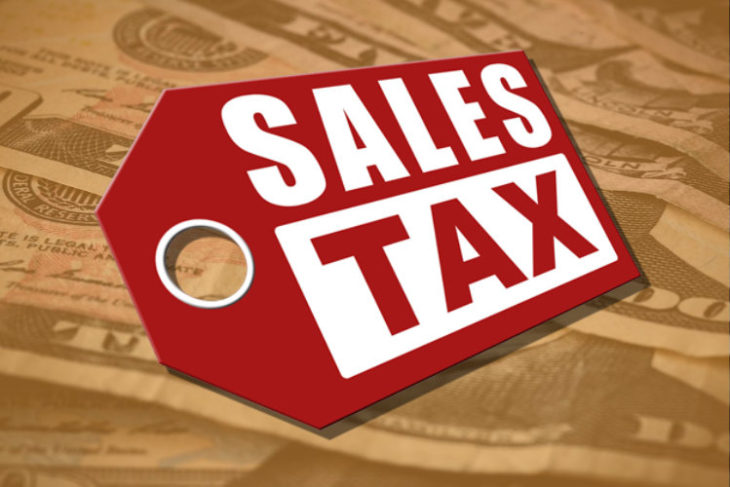Much of the discussion surrounding business accounting in the first few months of 2019 centers around new leasing standards and changes to the Affordable Care Act (ACA) vis-à-vis elimination of the individual mandate. Changes to minimum wage laws are also a hot topic. In all of the confusion of the new tax year, do not forget about sales tax.
Sales tax is a reality in all but a small handful of states. If you operate a business required to collect and pay sales tax, compliance with the law is just as important as with any other portion of your accounting. If you are having trouble with sales tax and you’re not using an accounting firm, now might be the time to reconsider your decision to keep accounting in-house.
Gurian CPA, a Dallas accounting firm that includes tax services in its areas of expertise, recommends the following five tips for maintaining sales tax compliance:
Contents
1. Evaluate Sales Tax Nexus
In accounting terminology, nexus is a legal term used to describe a company’s obligation to collect and pay state sales taxes. If you own a business physically located in New York, for example, you automatically have a nexus with that state. But thanks to a Supreme Court ruling in 2018, you may also have obligations in other states.

Img source: lzacc.com
Some states have already begun changing their sales tax laws to accommodate the Supreme Court ruling. That means if you sell in states other than your home state, you may be liable for sales tax. Maintaining compliance is a matter of evaluating sales tax nexus to find out where you stand. Moreover, plan on conducting an evaluation every year for the foreseeable future.
2. Register Your Business as Necessary
Next, your business will have to be registered in every state where a nexus exists. Registration is the only way to legally collect sales taxes, which is necessary if you intend to pay them. The thing to remember is that a failure to register does not alleviate your business of the responsibility to pay sales taxes. If you do not register, you cannot collect. But you will still have to pay sales taxes if the state in question catches on.
3. Establish a Separate Tax Account
This next bit of advice is something that a lot of businesses don’t do but should: establish separate tax accounts. Why separate accounts? So that tax collections and general receipts do not get mixed together. Otherwise, it is too easy to forget about setting aside sales tax monies until the week before payment is due.
Establishing and using separate accounts requires a bit more effort, but it’s worth it in the long run. Funneling all sales tax monies into a separate account as they come in guarantees the money will be there when it’s time to pay the bill.
4. Look into Sales Tax Prepayments

Img source: fool.com
Some industries in some states are required to pre-pay sales tax. For example, tobacco sales in many states are subject to prepayment. A seller is required to make payments based on average sales over a certain period of time. If those prepayments end up being too much, there are ways of claiming the excess. In either case, the point is to look at your taxable products and services to determine if any of them involve prepayments.
5. Automate Tasks Where Possible
Finally, automation is an emerging trend in accounting and point-of-sale (POS) software. If you can find tools that will automate certain tasks for collecting, paying, and reporting sales tax, implement those tools. Automation improves accuracy and efficiency along with making tax compliance easier.
